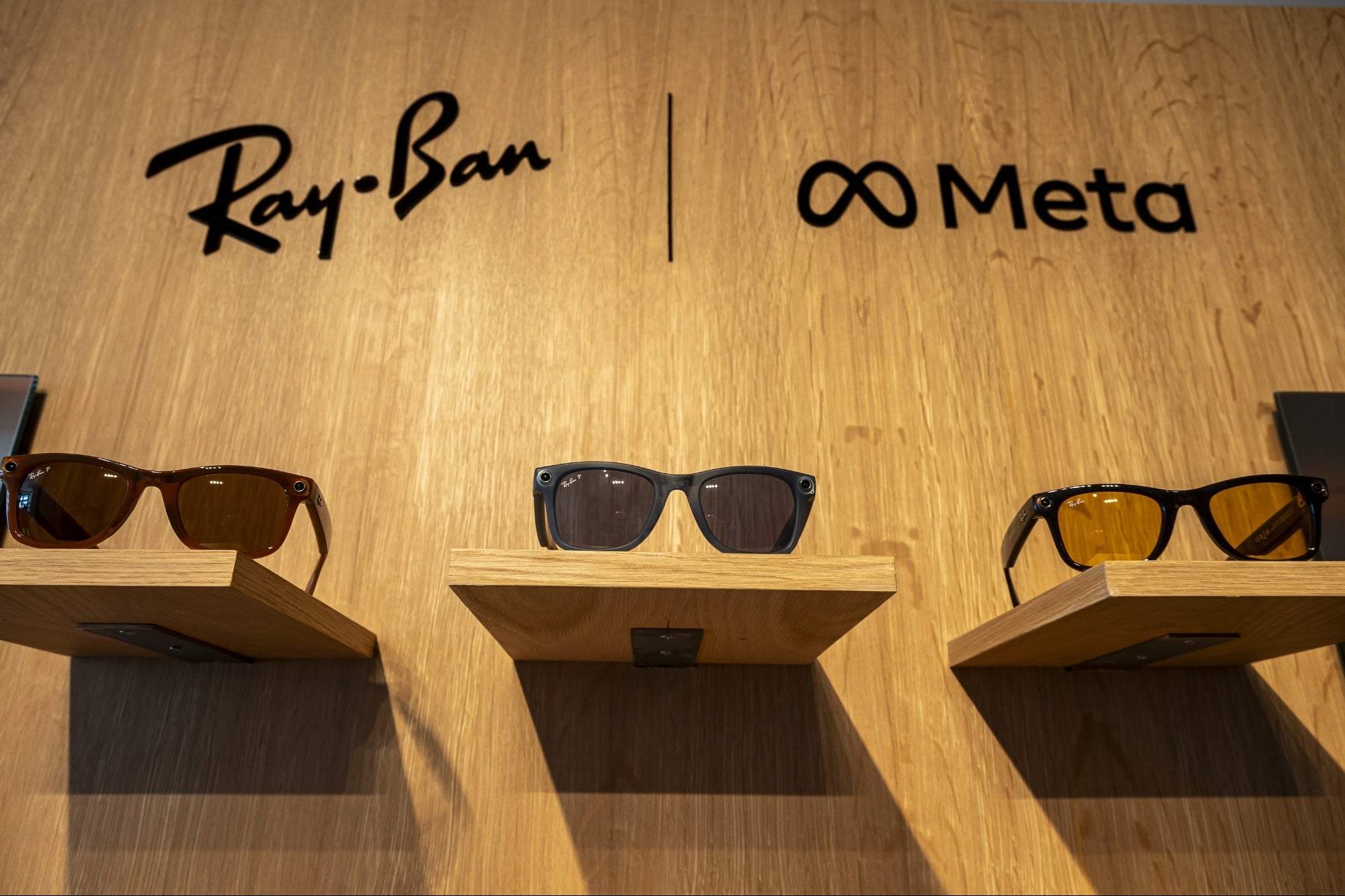How to Talk to Employees About AI It's driving innovation, creating efficiencies, and making a lot of employees feel uncomfortable.
Opinions expressed by BIZ Experiences contributors are their own.
You're reading BIZ Experiences Europe, an international franchise of BIZ Experiences Media.

In April 2021, the European Commission presented its AI package, highlighting its approach to artificial intelligence's use in business and life throughout the region. The EU plans to enable development and uptake of AI and make sure it works for people and is a force for good in society, which is all fine and well, but employees may still be nervous about the prospect of AI replacing them and their jobs.
As a small-business owner, you are responsible for communicating with your team about the realities of artificial intelligence, assuaging concerns where possible and addressing facts. Here's how to talk to employees about AI.
Highlight the opportunities.
Michael Campion, the Chief Science Officer of Scoutr, a newly developed recruiting software, tells BIZ Experiences Europe that bosses should focus on explaining that 'AI creates opportunities for people to become knowledge workers.' Rather than replacing workers, as many fear, AI has the capability to enable them to develop their job skills and general value to the company: 'AI is typically used to consolidate and replace inefficient procedures and practices rather than to replace workers themselves. In this way, AI can be seen as just a tool - one that makes employees' work less administrative and less labor-intensive.'
Point to AI's ability to decrease the need for busywork and introduce concepts and knowledge to employees, both of which will increase their productivity and value.
Be clear about how you may use it.
Campion suggests bosses should be open about how their companies use responsible AI practices, including algorithm auditing, to make fairer decisions. He notes that AI can comb through huge amounts of data and recognize patterns, which can be used to identify and reduce biases in talent management, as an example.
However you plan to use AI tools, be open and clear about it from the onset and be sure to highlight the reasons for these choices, whether you plan to reduce busy work or automate pattern recognition to reduce biases.
Be clear: The future is now.
AI is often talked about as a looming inevitability, but in fact, it's already in use in many organizations, according to Campion, especially large-scale ones. A great portion of our lives is already touched by automation and artificial intelligence, from the social media posts we see when first opening an app to the songs we are offered by streaming services during our commutes. Pointing to its existing use is a good way to tamp down fears of all-out AI inundation, which is key, as Campion notes that "it's reasonable to expect it to make its way into small organisations within the next two years."
It's likely that AI will first make its way into small businesses' staffing and internal team optimization first, so be sure to point out which segments of your company will actually be dealing with it on a daily basis.










